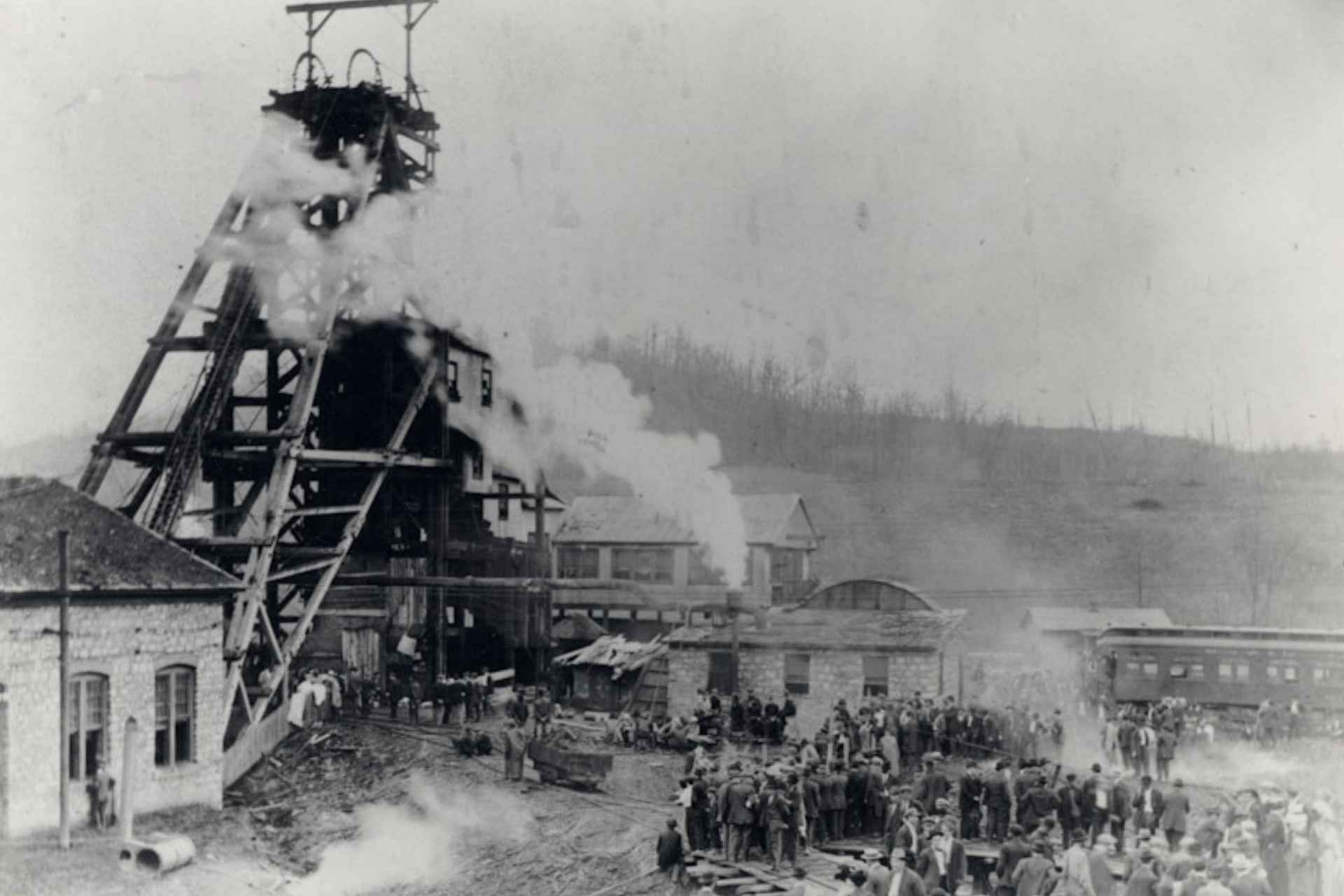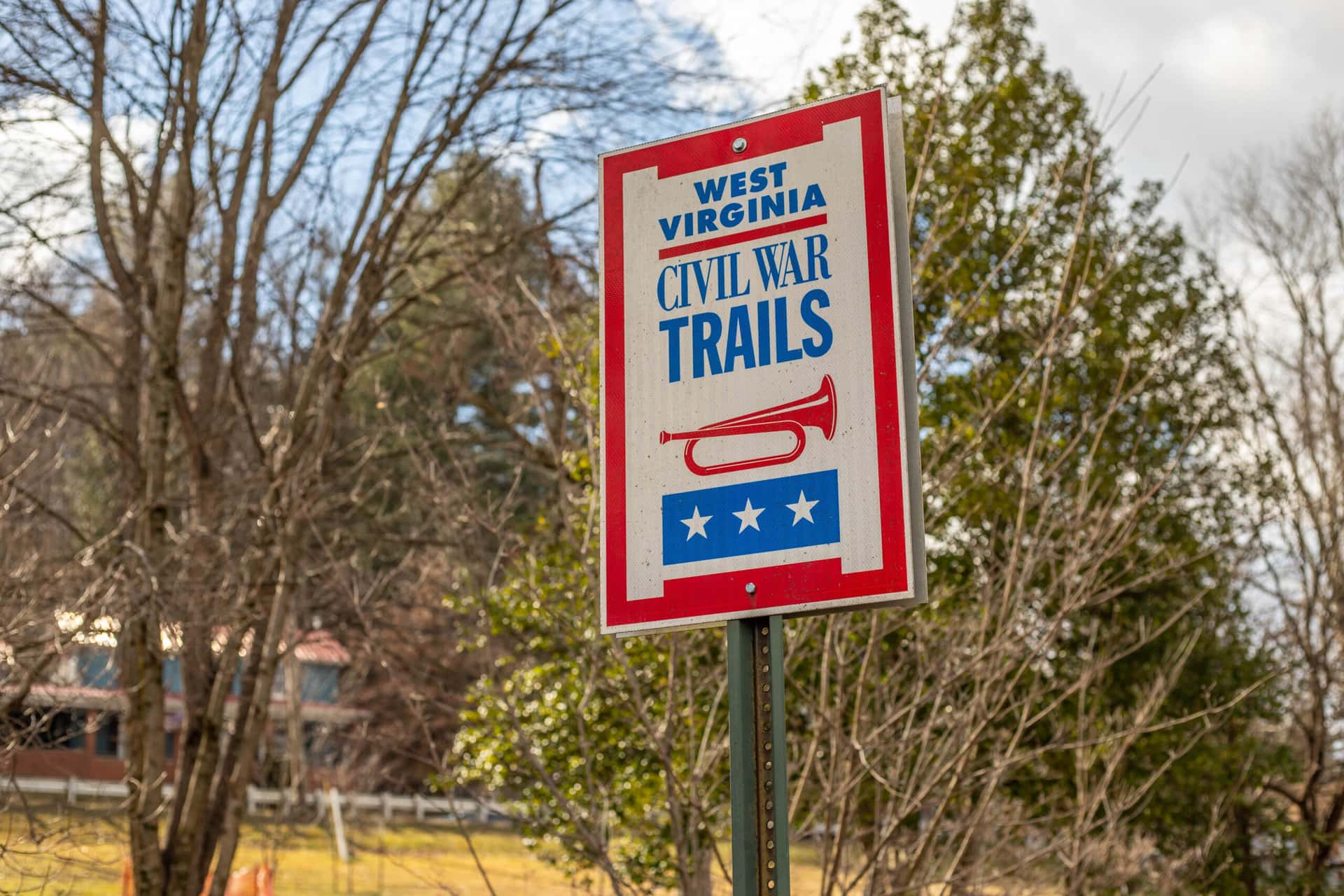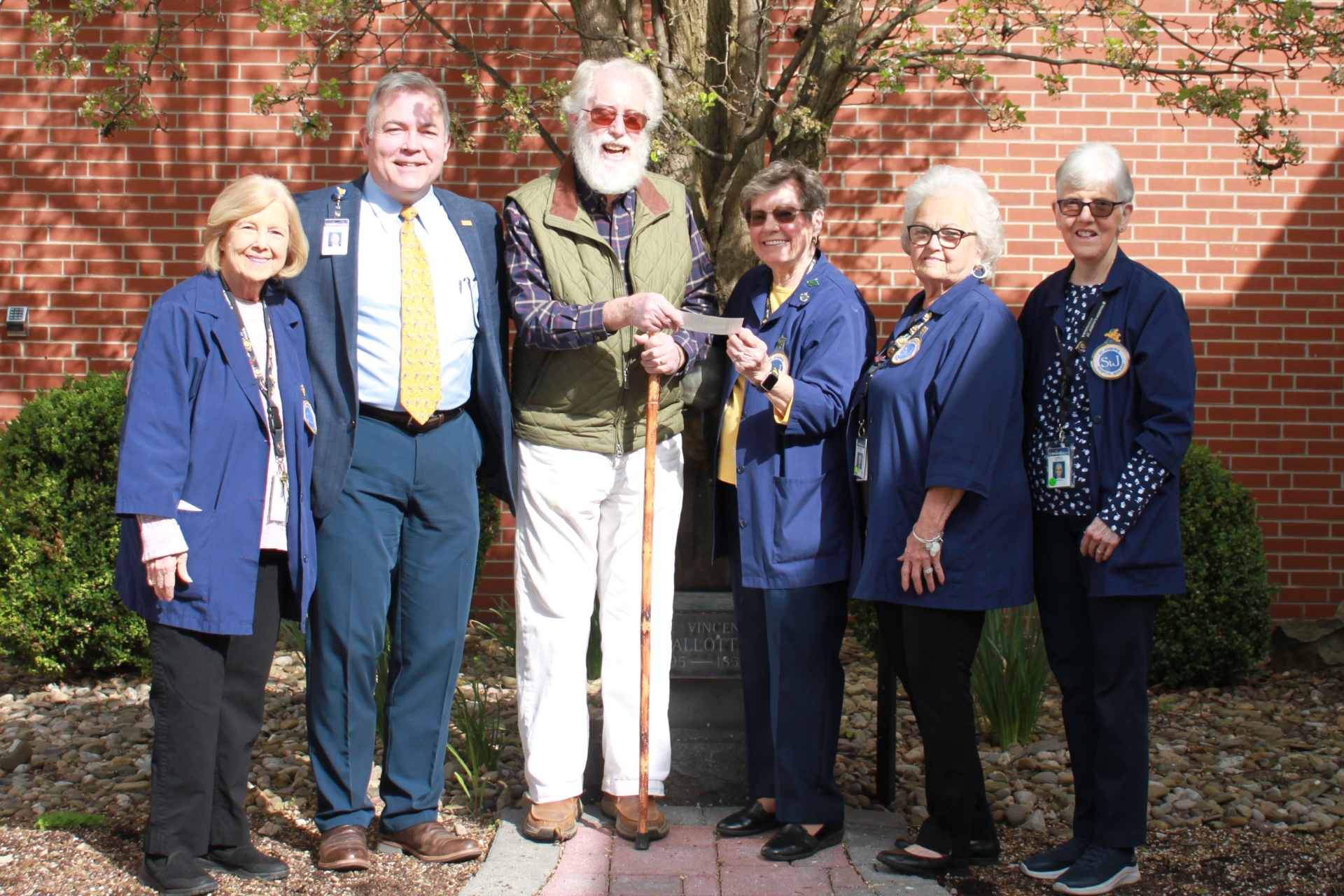CHARLESTON, W.Va. – The following events happened on these dates in West Virginia history. To read more, go to e-WV: The West Virginia Encyclopedia at www.wvencyclopedia.org.
April 25, 1863: About 1,500 Confederate soldiers under Gen. William ‘‘Grumble’’ Jones advanced through Greenland Gap, a deep pass through New Creek Mountain in Grant County. The Confederates encountered 87 Union soldiers who held off several assaults before finally surrendering.
April 25, 1923: Union leader Arnold Ray Miller was born at Leewood on Cabin Creek in Kanawha County. In December 1972 he defeated Tony Boyle to become president of the United Mine Workers.
April 26, 1816: General Alexander Welch Reynolds was born in Lewisburg. He served in the armies of the United States and the Confederacy. After the war, Reynolds accepted a commission as a colonel in the forces of the khedive of Egypt, the ruler of Egypt under the Ottoman Empire.
April 27, 1978: An accident at the Willow Island Power Station on the Ohio River killed 51 men. The scaffolding that had been erected for use in the construction of a new cooling tower collapsed, sending them plunging to the ground.
April 28, 1884: Musician Henry Reed was born in Peterstown, Monroe County. Reed was a legendary West Virginia fiddler whose repertory contributed to the old-time music revival in the last half of the 20th century.
April 28, 1914: An explosion at theEccles No. 5 mine in Raleigh County killed 174 men. The mine connected with Eccles No. 6, operating in another coal seam, and nine men in No. 6 died of injuries and of afterdamp, the deadly gas left after a mine explosion.
April 28, 1920: The Monongahela National Forest was created by presidential proclamation. It is the only national forest that is completely within the boundaries of West Virginia.
April 28, 1924: An explosion ripped through the Benwood coal mine south of Wheeling, killing 119 miners.
April 28, 1948: Watt Powell Park opened in Charleston. About 8,000 people, including Governor Okey L. Patteson, attended the city’s inaugural game in the Class A Central League. Watt Powell Park was replaced by the city’s new Appalachian Power Park after the 2004 season, and the old ballpark was demolished in 2005.
April 29, 1863: Confederate General William E. ‘‘Grumble’’ Jones waged a battle at Fairmont that involved a force of 500 regulars, home guards, and volunteers. The Confederates prevailed, burning the personal library of Francis Pierpont, governor of the Restored Government of Virginia, and exploding an iron railroad bridge across the Monongahela River.
April 30, 1871: Coach Fielding Harris ‘‘Hurry-Up’’ Yost was born in Marion County. He was a tackle on West Virginia University’s football team in 1895 and 1896, while earning a law degree. In 1901, Yost’s first season as coach at University of Michigan, the Wolverines compiled an 11-0 record, including the 49-0 defeat of Stanford in the first Rose Bowl.
April 30, 1927: An explosion roared through the Federal No. 3 mine owned by New England Fuel and Transportation Company of Everettville, Monongalia County. The explosion, the subsequent fire, and gas in the mine killed 97 men.
May 1, 1788: Pendleton County was created from Rockingham, Augusta, and Hardy counties. The county was named for Virginia statesman Edmund Pendleton (1721–1803).
May 1, 1930: Mother Jones celebrated her birthday in Maryland. Mother Jones, who was 100 years old by her count, made her debut before newsreel cameras, condemning the Prohibition Act ‘‘as a curse upon the nation’’ that violated her right to have a beer instead of water.
e-WV: The West Virginia Encyclopedia is a project of the West Virginia Humanities Council. For more information, contact the West Virginia Humanities Council, 1310 Kanawha Blvd. E., Charleston, WV 25301; (304) 346-8500; or visit e-WV at www.wvencyclopedia.org.
























